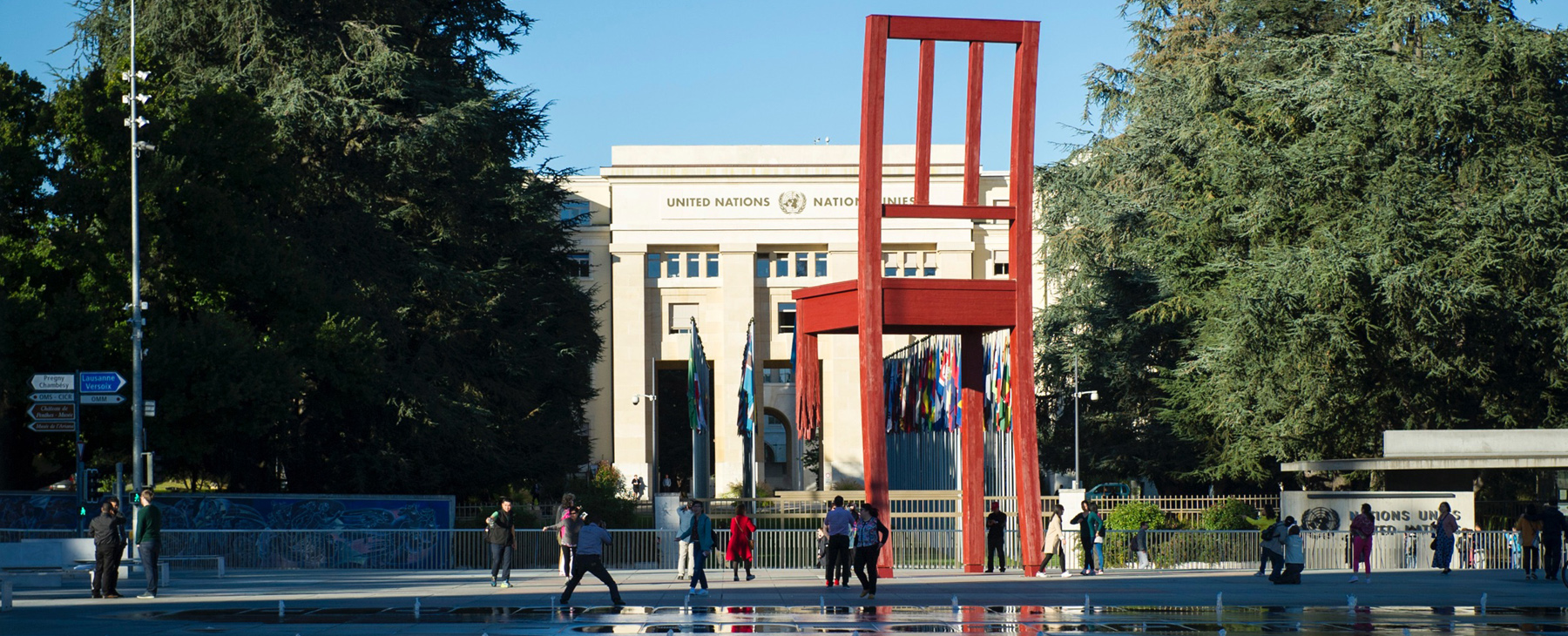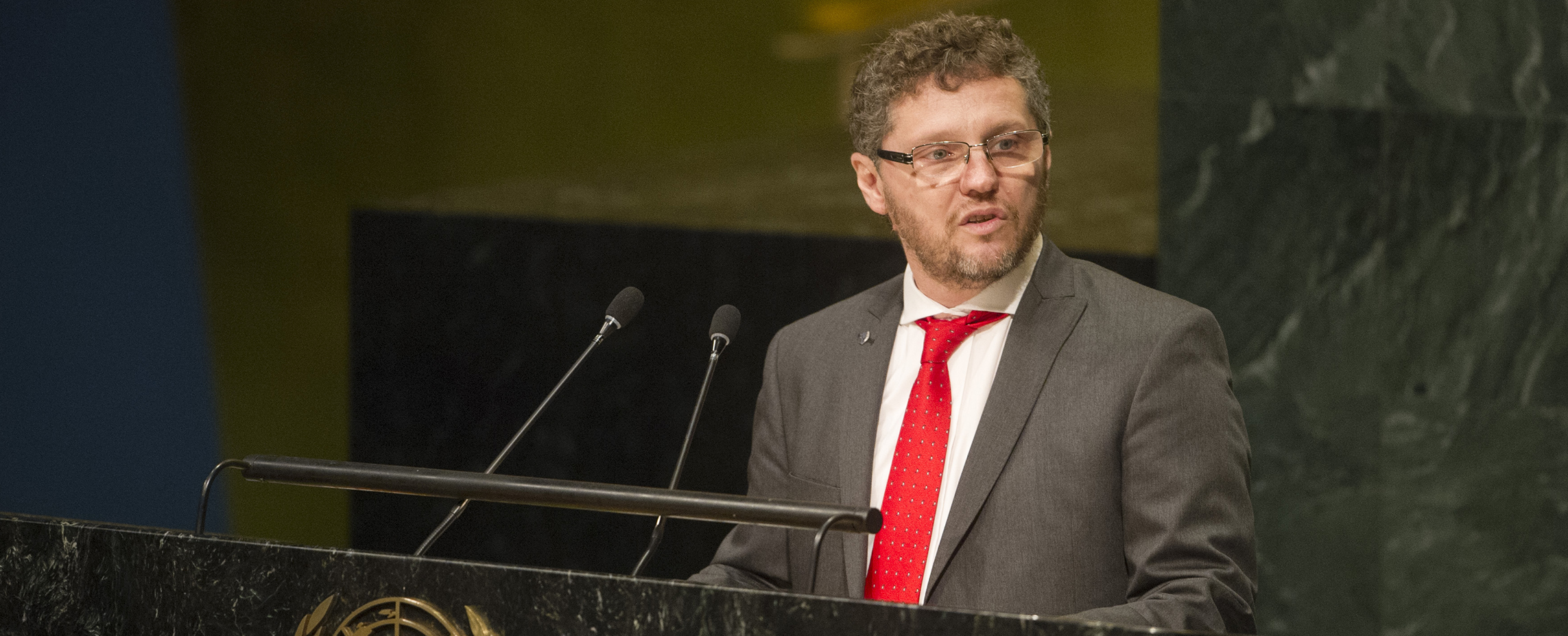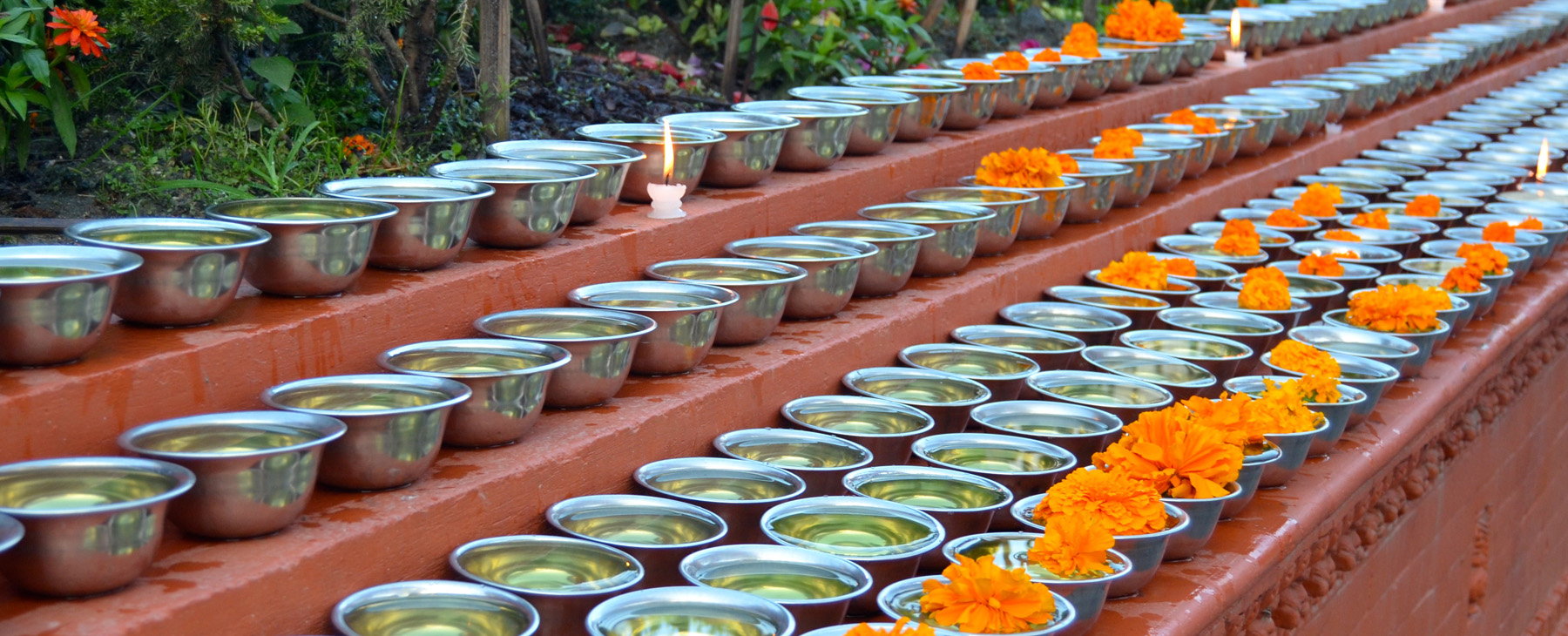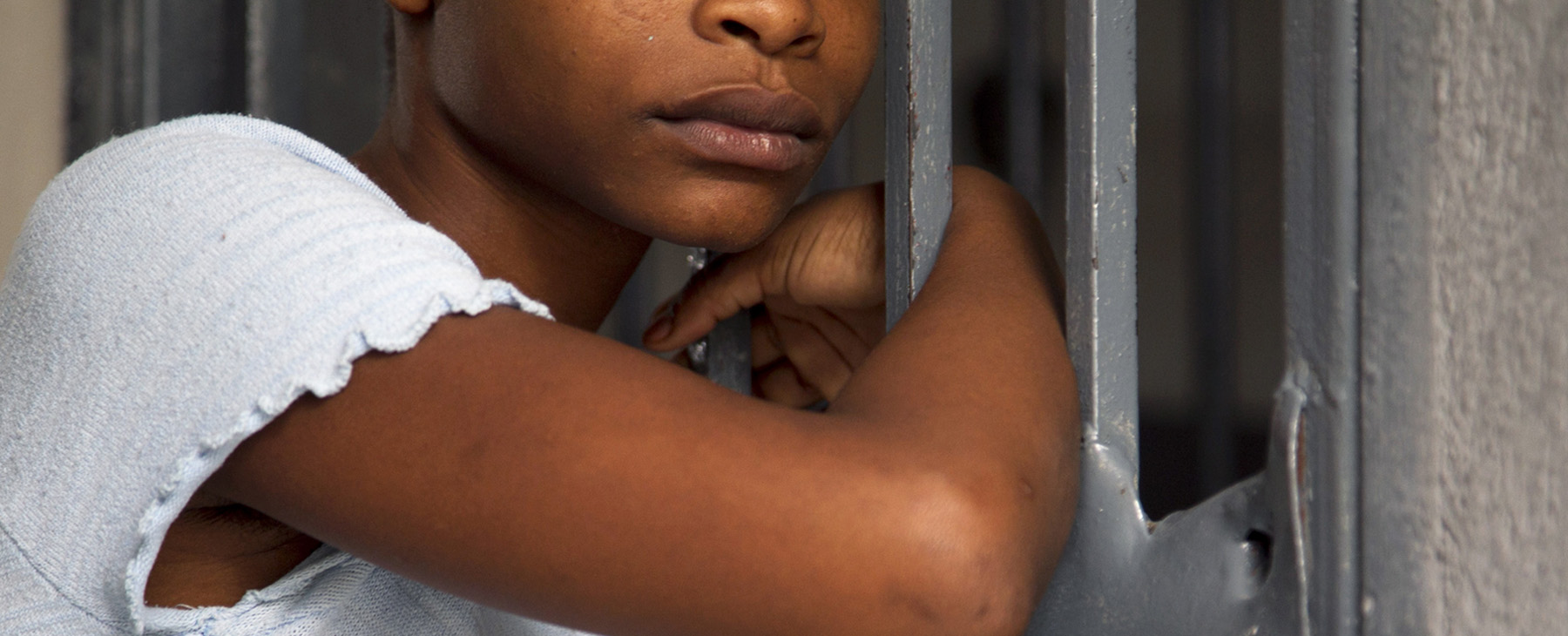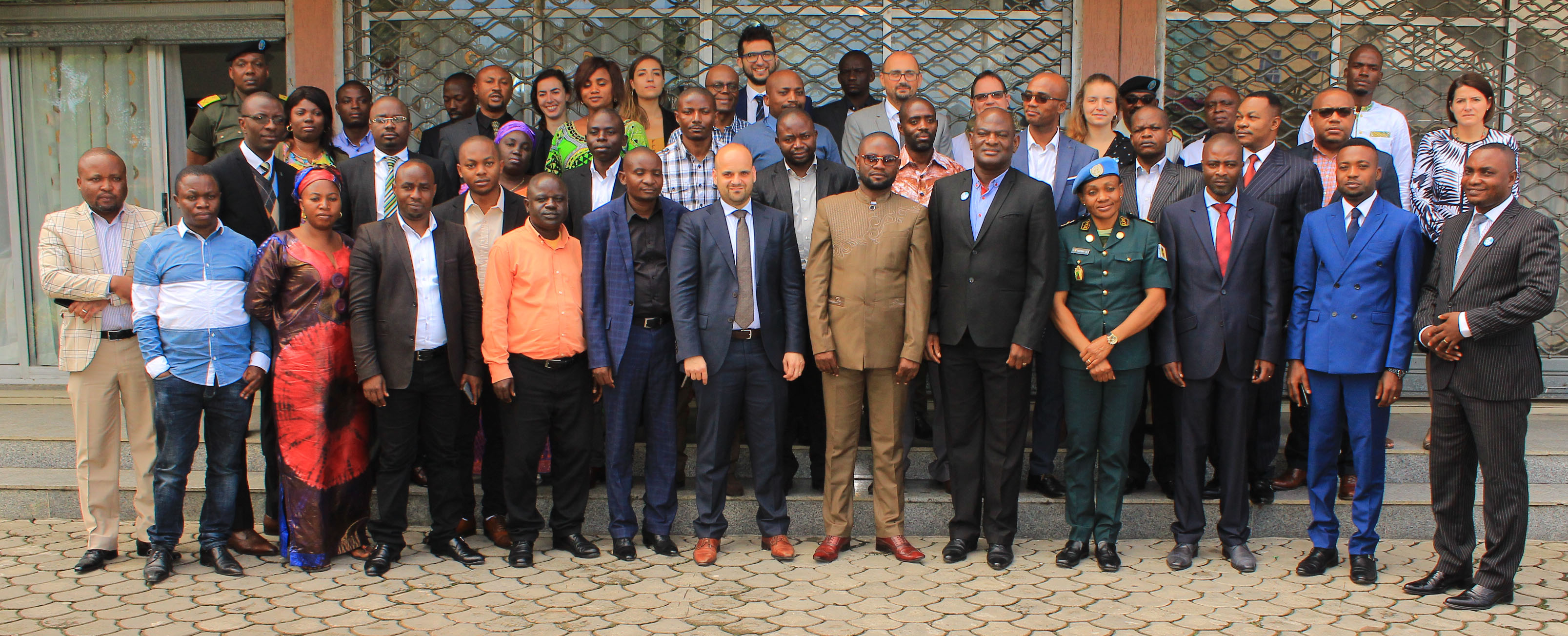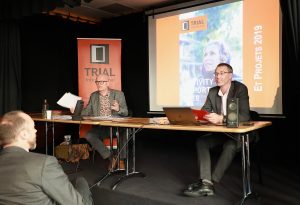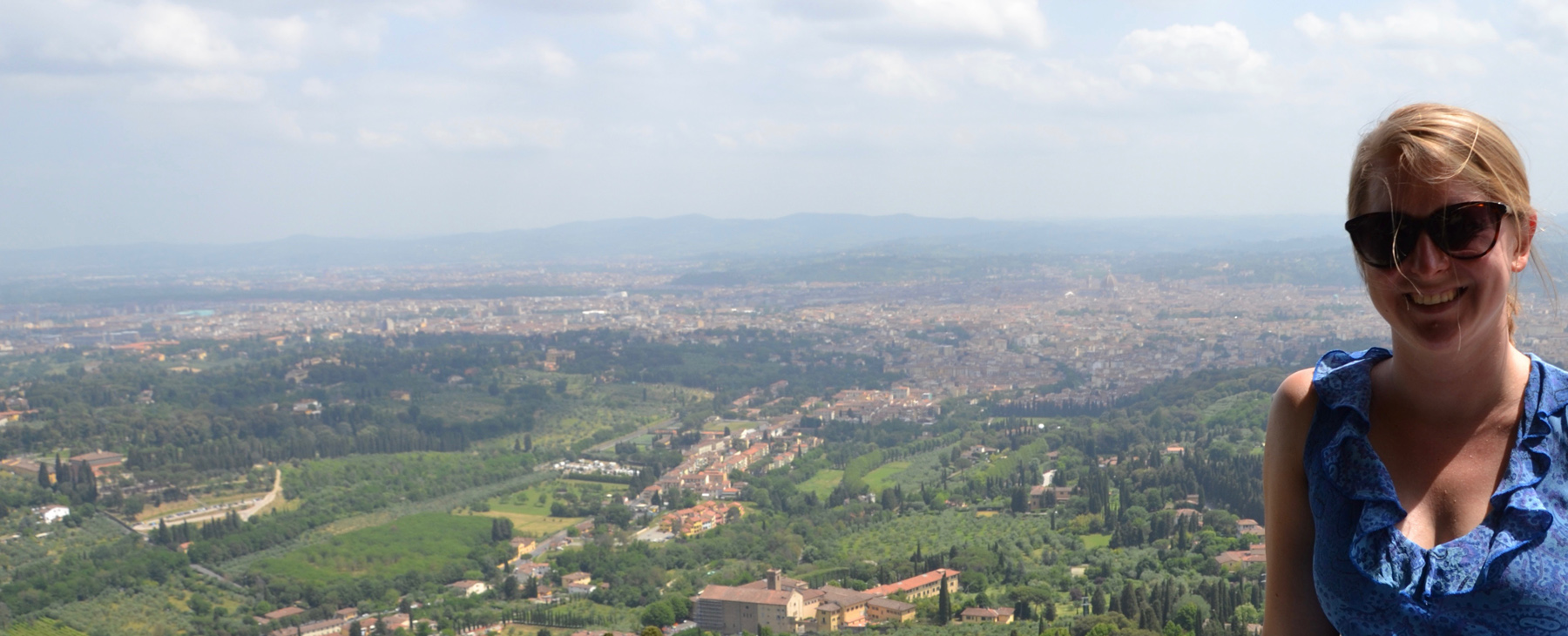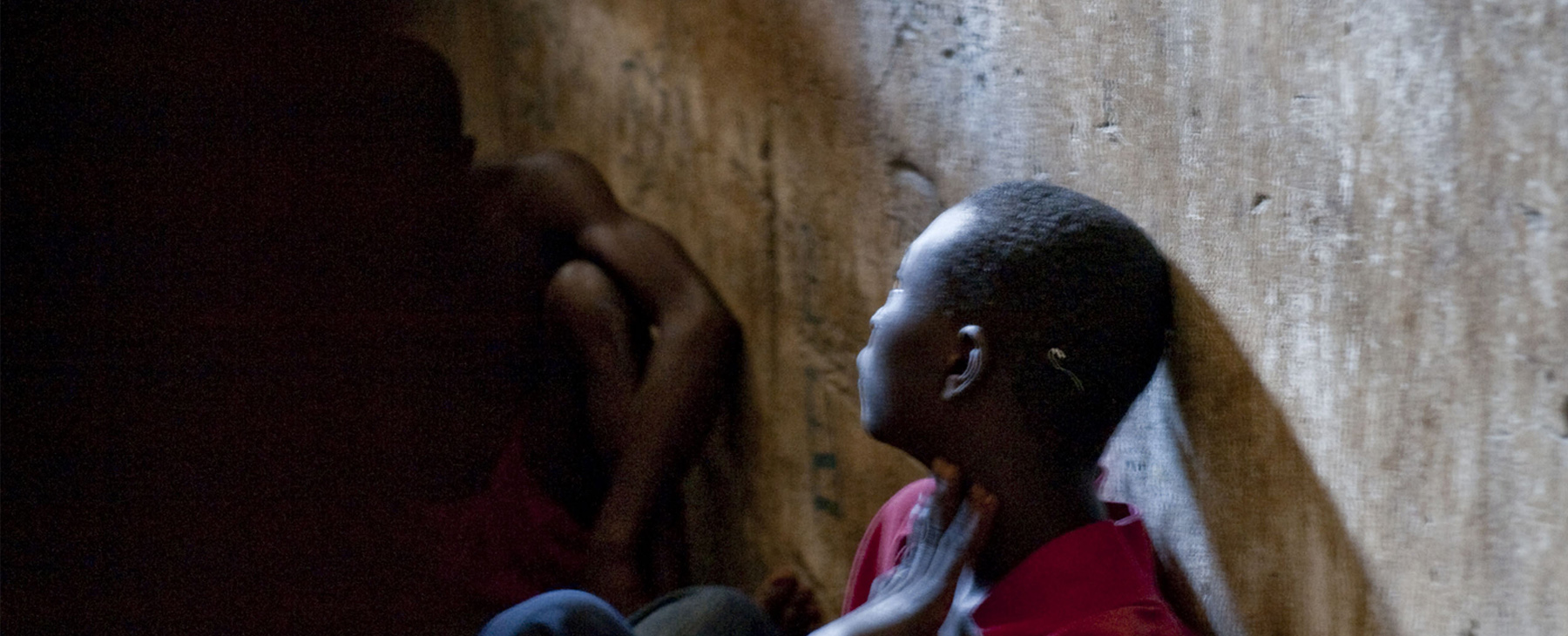Emmanuelle Marchand is a Senior Legal Counsel and Investigator for the NGO Civitas Maxima. Like TRIAL International, it collects evidence of the worst atrocities, bringing them to the attention of prosecution authorities. In this interview, she gives us an insight into her job in the field, which highlights the key role of NGOs in the fight against impunity.

“My first mission for Civitas Maxima was in 2013 in Liberia. It was also my first experience of Africa, a real change! Fortunately, like many NGOs in the area, Civitas Maxima already had an efficient local network. My Liberian colleagues, and those from the Ivory Coast, knew the context perfectly and I learned to understand it thanks to them.
Quickly, we naturally found a complementary way of working, which we still possess today. They manage the first stage of the investigation, collect the initial information and contact victims and witnesses. My colleagues from Geneva and I then come in, if necessary, to interview the victims and define the legal strategy. It is essential to be realistic and modest; as a foreigner, I will never have the same ability as them to build trust. And my trips will always be less discreet…
Working in a foreign setting also has its advantages. You are forced to adapt your behavior, which makes you more attentive to that of others. You have to consider all your own habits to understand another way of living and being. In light of my previous experiences, notably in Cambodia, I notice common characteristics in very different contexts, such as the resilience of survivors, and the way in which life prevails even after mass crimes.”
NGOs and national authorities complement one another
“Specialized NGOs are a crucial link in collecting evidence. We are mobile and flexible in a way that the legal authorities are not, so we are often more responsive and better established locally. However, our work is useless if national authorities refuse to initiate a case against a suspect. Serving justice remains a sovereign power and civil society cannot, should not and will not replace it! So, our missions complement one another.
Despite this, some prosecutors or magistrates of national authorities sometimes act ambivalently towards NGOs, even those specialized in investigations and collecting evidence. On the one hand, they need to rely on information collected by NGOs and on their access to information sources. On the other hand, they feel frustrated at not carrying out the entire process from beginning to end, as they would usually do. You also feel sometimes that trust is lacking. Fortunately, in most cases the relationship with the national authorities is constructive and things go well.
Moreover, the increase in the number of universal jurisdiction cases is a real opportunity. Faced with the complexity of the cases, all players must pull together. And the more we cooperate, the more we get to know each other and the more trust is built.”
In Liberia, a paradigm shift
“Every time I go back to Liberia, I can see the progress that has been made. Several senior officials implicated in atrocities have been arrested or sentenced outside the country, resulting in a real paradigm shift. They are no longer perceived as all-powerful and unassailable; justice in Liberia has become a concrete possibility.
The fight against impunity is now a regular topic in the national media. Demonstrations in favor of a national prosecution mechanism are increasing. Liberians have appropriated the search for justice and do not intend to stop there! The fear has changed camps, and it is now the former executioners who are not quiet.”
Learn more about universal jurisdiction
Learn more about the action taken by Civitas Maxima

